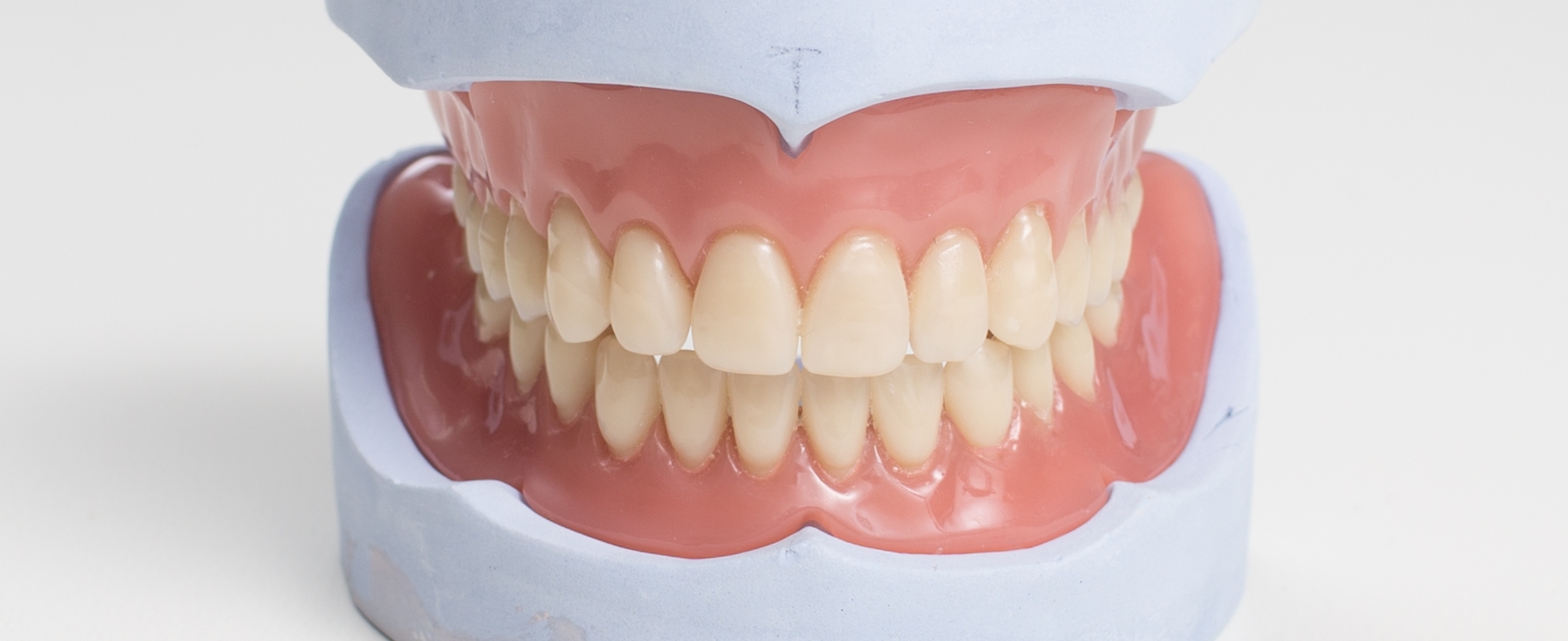
Help for a dry mouth

A dry mouth is not only unpleasant, but also harmful to health: The persons affected feel burning and pain, which can be accompanied by taste, eating and sleep disorders and halitosis. The mucous membrane of the mouth (oral mucosa), gums and teeth can also become inflamed. Skinomics GmbH and researchers of Fraunhofer IMWS are together searching for solutions to prevent and treat dryness of the mouth (xerostomia).
If the dry mouth becomes chronic, the mucous membranes concerned waste away, the oral flora become unbalanced and last but not least the teeth are damaged: Natural redeposition of minerals in the hard tooth tissue and repair of the smallest damage in the dental enamel no long functions properly and tooth decay and ultimately tooth loss occurs.
Older people in particular are exposed to this risk. Around one third of all persons in Germany over the age of 65 do not produce saliva in sufficient quantity or with the correct composition. This is problematic, because saliva has a central function for oral health: It is composed of more than 95 percent of water, but important minerals, hormones and antimicrobial constituents are also dissolved in it. The body itself does not reduce its saliva production with increasing age. But if, for example, several medicines are taken at the same time, as is frequently the case with older people, a dry mouth can be a side effect. Typical age-related diseases such as diabetes mellitus also impair saliva formation, as does smoking and caffeine.
Skinomics is working on a gel, which is intended to merge an innovative combination of active ingredients with high water-binding capacity and stability. It is based on water-binding amino acids and water-binding plant extracts. In order for the active ingredients to effectively end up on and in the mucous membrane of the mouth, this mixture is combined with different microemulsions, which perform a »transporter function« for the active ingredients. The behavior of the gel is then tested by Fraunhofer IMWS.
A particular challenge in the development is to achieve an adequate dwell time of this mixture in the mouth. The efficacy of inorganic ingredients on remineralization of the dental enamel, tolerance of the substances used and many other questions will be examined during the project which is due to finish in 2018. The aim is for the results to be able to be used as a platform solution, which is also suitable for other forms of administration and indications.

